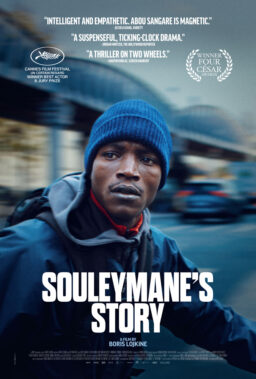Tony Kushner knows the difference. He responds to Clive James’ playground insults (see How Not To Write About Film) in kind, with a scathingly funny (and totally accurate) letter to the New York Times. The Pulitzer-winning writer of “Angels in America” and co-screenwriter of “Munich” says:
In his review of Phillip Lopate’s anthology “American Movie Critics” (June 4), Clive James, wanting to demonstrate to critics how to “take down” a film they don’t like, pans “Munich.” He accuses the film’s writers of not knowing “half enough about politics.” No instances of our semi-ignorance are provided; not one line of the script is cited….
I, having been taken down, will run for cover in a moment, but first I would like to respond to James’s devastating analysis. I do so know more than half enough!… Since “Munich” isn’t mentioned in the anthology, his attack isn’t merely vague, it’s utterly gratuitous. After using up an awful lot of paper and ink sharing his opinions of real film critics, James exposes himself as the sort of writer who slags the people behind the art because he can’t summon the substance or wit to articulate his unhappiness with the art itself — or, I suspect, in the case of “Munich,” with the politics he feels the art expresses. That’s the difference between a critic and a crank.










